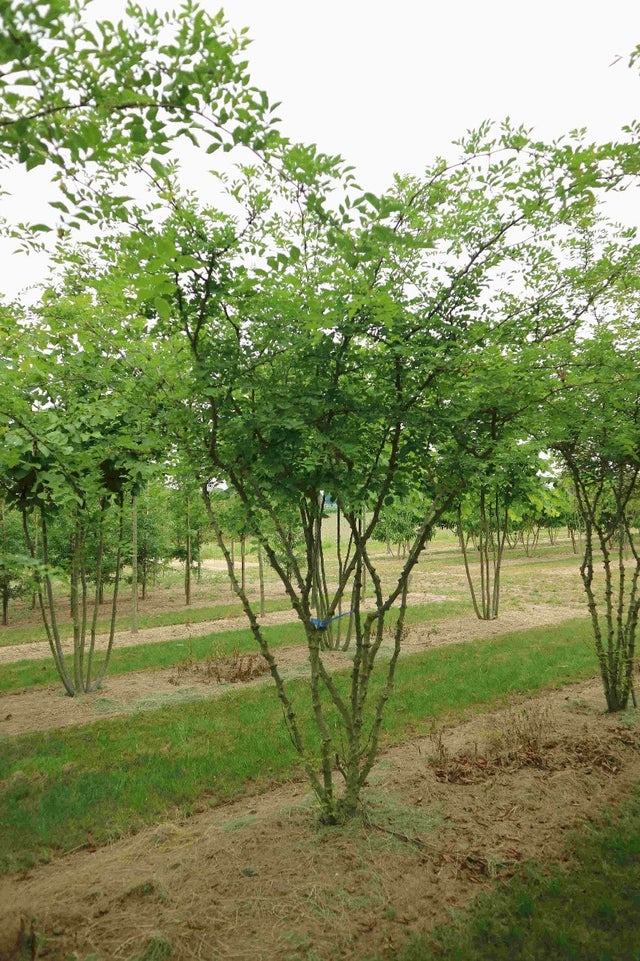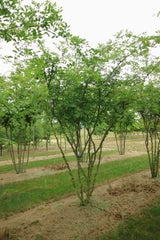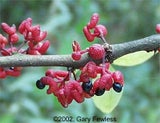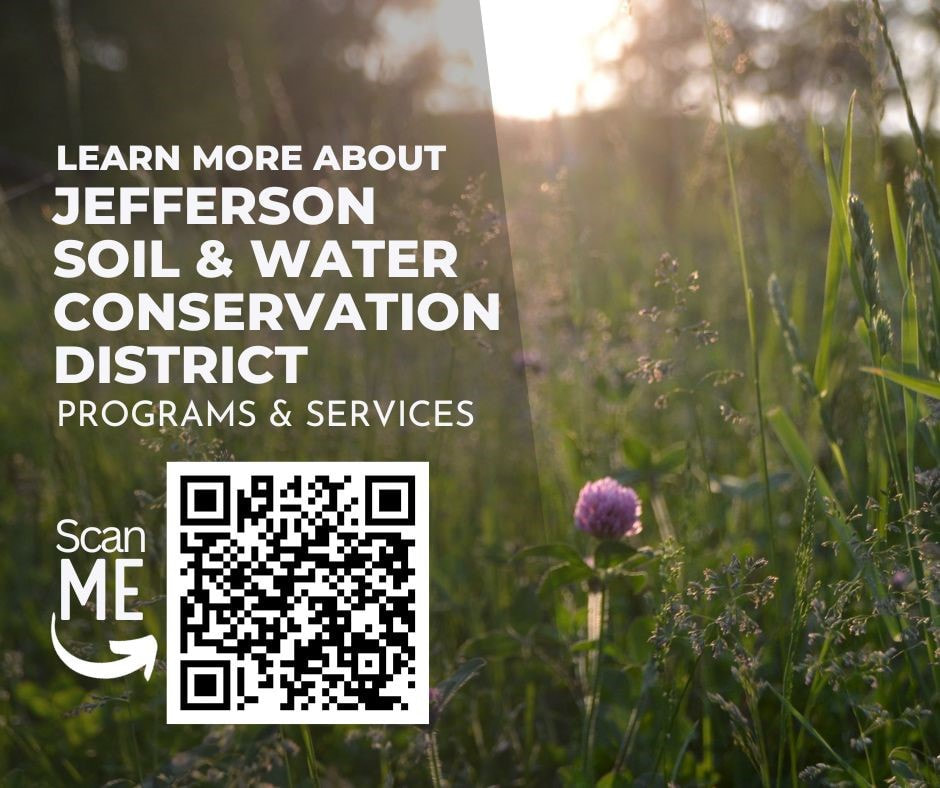- 2023 Native Tree and Shrub Sale
- >
- Toothache Tree (Zanthoxylum americanum)
Toothache Tree (Zanthoxylum americanum)
Height: 15 to 20 feet
Spread: 10 to 15 feet
Bloom Time: April
Bloom Description: Yellow
Flower: Fragrant yet Insignificant
Suggested Use: Birds and Butterflies
Sun: Full sun to part shade
Tolerate: Black Walnut and Deer
Native to: Jefferson County
The Toothache Tree is small understory tree that is like a Scottish Terrier in that it is a bit prickly and independent, yet if it is given a proper home it will be a stout and loyal companion of unique quality.
The Toothache Tree has often been referred to as a Prickly Ash because of its thorny branches and ash-like leaves. It is a member of the citrus family and will often grow in a multi-trunk form. The tree provides great texture to the landscape and if left unchecked will form a small thicket. The Toothache Tree’s bark is an amazing feature with great texture and is a focal point. It will adapt to a variety of soil types and is a low maintenance tree. Oddly, all parts of this tree are aromatic from the leaves to the bark to the flowers and fruit to even the wood and roots.
The Toothache Tree is a dioecious species with the female tree having a very pleasant lemony aroma. Female flowers bloom before leaves come out and provide a great food source to bees after a long winter. The female flowers give way to clusters of rounded, reddish-brown, berry like fruits which ripen in late summer.
The common name comes from the Native Americans who utilized the tree to relieve the pain of toothaches as the acrid juice of the plant has a numbing quality. It is not recommended that one try this and it is advised to consult a dentist if suffering from a toothache versus gnawing on a thorny tree.
The Toothache Tree fruits are eaten by a variety of birds and small mammals including bobwhite quails, vireos, cottontails, and eastern chipmunks. Bees are attracted to the flowers. Giant swallowtail butterflies lay their eggs on the plant’s leaves and the tree is a host species of over 25 different species of butterflies and moths.
The Toothache Tree is a dioecious species with separate male and female plants. The trees offered in the Jefferson Soil and Water Conservation District Native Tree Sale are unsexed trees, so it is recommended to buy multiple trees.■






